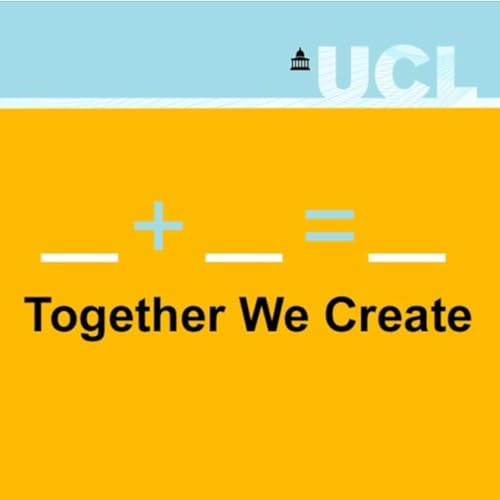
Environmental data justice
Failed to add items
Add to basket failed.
Add to Wish List failed.
Remove from Wish List failed.
Follow podcast failed
Unfollow podcast failed
-
Narrated by:
-
By:
About this listen
We are most likely to think about environmental data as sets of facts, but have you thought of it as having a social life? In this episode, we explore how those who collect and prepare environmental data may not necessarily be the ones to use or benefit from it: Dr Tone Walford and Dr Cecilia Chavana-Bryant draw on their experiences of collecting data across the Amazon in Brazil, French Guiana and Peru, and more recently in Hampstead Heath in London, the UK, to consider more collaborative and equitable forms of environmental data. We discuss how bringing together anthropologists, artists, forest ecologists, remote sensing specialists, and the UK’s Ancient Tree Forum, is helping to frame alternative modes of collecting, accessing, and sharing environmental data. Tone Walford is a Lecturer in Digital Anthropology, based in UCL’s Anthropology Department. Their work explores the new forms of data politics that underpin current efforts in international observational science to measure, archive, and manage the Earth. Cecilia Chavana-Bryant is a forest ecologist and a National Centre for Earth Observation Postdoctoral Research Fellow, based in UCL’s Geography Department. Her work broadly focuses on the ecology and function of temperate and tropical forests canopies. For the podcast transcript, details of our other podcasts and activities visit: http://tinyurl.com/mubmxu4n
Date of episode recording: 2024-01-25T00:00:00Z
Duration: 00:32:32
Language of episode: English
Presenter:Lili Golmohammadi
Guests: Tone Walford;Cecilia Chavana-Bryant
Producer: Matt Aucott;Cerys Bradley


